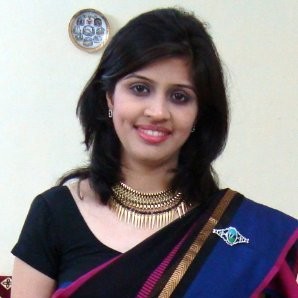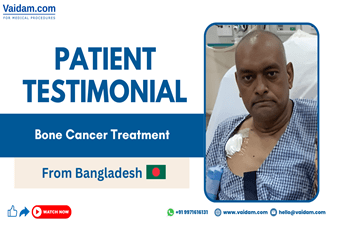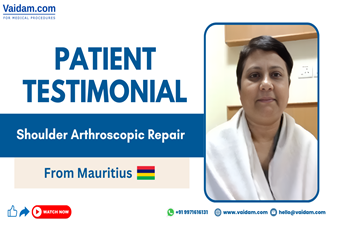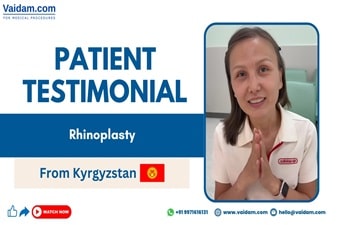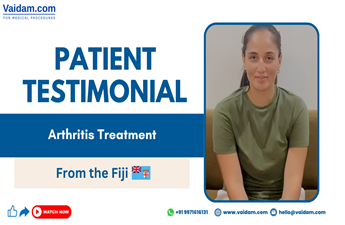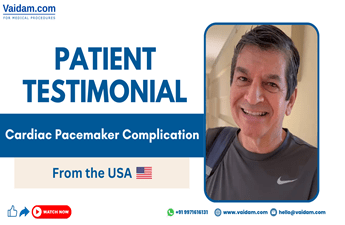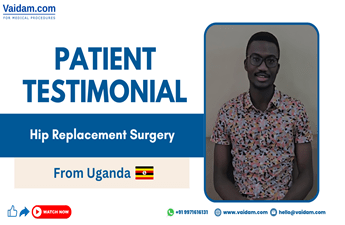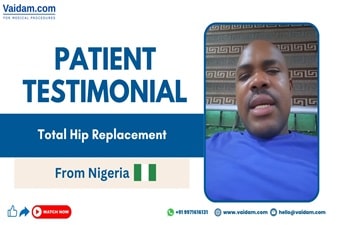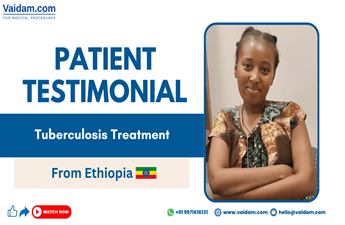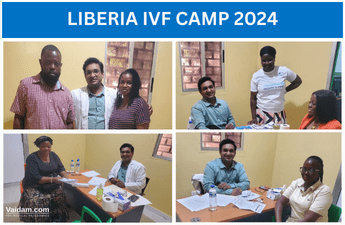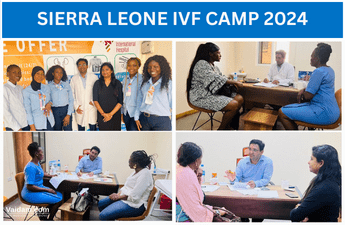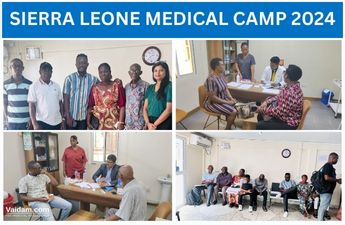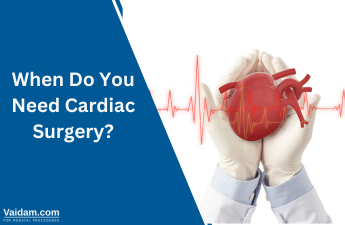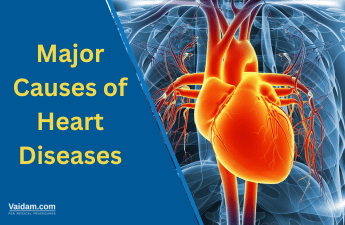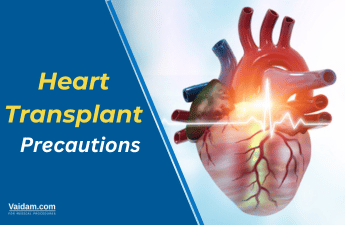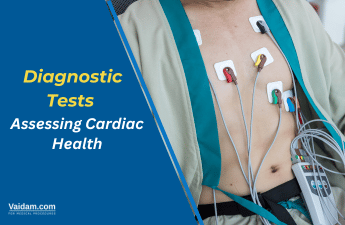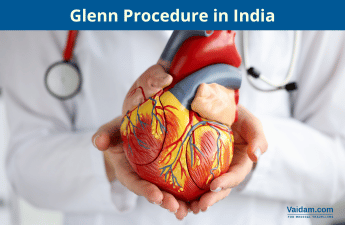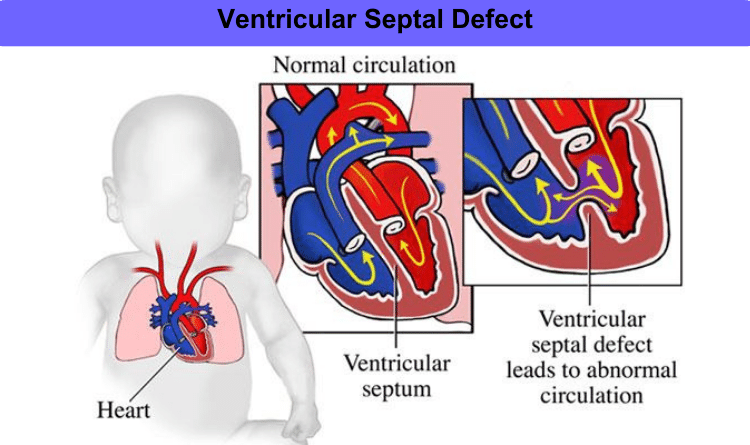
Getting to know that your child is born with a VSD or ventricular septal defect is a daunting experience. VSD is a congenital disorder meaning it is present from birth. More than 200,000 children in India are born with congenital heart disease (CHD). Did you know ventricular septal defect is the most common type of CHD, accounting for 42% of the total cases?
With constant research & development and scientific advancements in cardiac sciences, treating complex conditions like VSD is now remarkably easy. Many countries offer high-quality treatment for ventricular septal defects, and India is one among them. The country is known for providing comprehensive care and a patient-centric approach. Cardiac surgery hospitals in India receive national as well as international patients and provide pocket-friendly treatment plans to them.
The cost of ventricular septal defect treatment in India starts from INR 2,00,000. In this blog, we will explore the treatment methods for VSD and its affordability in India.
Get in Touch with Medical Experts
What is Ventricular Septal Defect?

- A ventricular septal defect (VSD) is a congenital heart disorder present at birth in an individual. It is a defect in which a person's heart has a hole in the wall separating the heart's lower chambers (ventricles).
- This complication alters the blood flow patterns in the body. In babies with VSD, the blood flows from the left ventricle to the right ventricle and into the lungs. This extra blood going to the lungs causes an overload of work on the heart and lungs. It can cause complications like congestive heart failure, pulmonary hypertension, arrhythmia, and stroke if not repaired.
- Symptoms of VSD include shortness of breath, fast & heavy breathing, sweating, poor weight gain, tiredness while feeding, and cyanosis.
How is Ventricular Septal Defect Diagnosed?
A ventricular septal defect can be diagnosed in an unborn child during a routinely scheduled echocardiogram or ultrasound. A VSD may also be diagnosed by hearing the child's heart murmur. Other tests to diagnose ventricular septal defects include:
- Physical Exam: Observing the blood pressure, pulse, temperature, and number of breaths the baby takes in a minute.
- Oxygen Saturation Monitor: The device helps in determining the oxygen level in a child's blood.
- Chest X-Ray: Used to check the size and position of the heart.
- Electrocardiogram: Used to check the electrical activity that shows how the child's heart is beating.
- Echocardiogram: It is a noninvasive procedure that uses ultrasound to show the structure of the heart, how blood flows through it, and the overall working of the heart.
What are the Treatment Methods Available in India to Treat VSD?
The treatment of VSD depends upon the size of the hole and the symptoms it is causing. In 90% of the cases, the defect closes on its own during childhood.
Small VSDs and, in some cases, even medium VSDs do not require any medical or surgical treatment. The doctor will constantly monitor the infant and ensure there are no signs of cardiac failure and that the hole is closing on its own.
If the ventricular septal defect does not close on its own, then the treatment is planned according to the size of the hole, the symptoms it displays, and the general health of the baby.
- Medicines: Symptoms of VSD are managed through medications like diuretics and digoxin. One common complication of VSD is congestive heart failure which is managed by using these medications and afterload reduction.
- Diuretics: These medications help the baby urinate more and remove excess fluid.
- Digoxin: This medication makes the heart beat slowly and more strongly.
- Nutrition: Supplemental feeding is done to make the baby grow fast and stronger. Babies having large VSDs tend to tire more easily and require extra nutrition. Supplemental feeding is done to make the baby ready for the surgery. A feeding tube is used when the baby becomes extremely tired while self-feeding.
- Surgery: As mentioned earlier, most of the small defects do not require surgery and tend to close on their own by the age of 6. For medium and large-sized VSDs, surgeries are performed.
- Open Heart Surgery: Performed by a pediatric cardiac surgeon, open heart surgery is the most preferred procedure for treating VSD. Open heart surgery requires a heart-lung machine and is performed by making an incision on the chest. The cardiac surgeon either patches or stitches the hole. If the hole is small, it is simply stitched shut. If the hole is large, a patch of synthetic material is used to close the gap.
- Catheterization: Performed by an interventional cardiologist, Catheterization involves inserting the catheter (a thin tube) through a major artery. The catheter is guided to the heart using ultrasound and x-ray, where it places a device called an occluder. The occluder is made up of a fine mesh framework covered in a synthetic material. It is used to plug the hole.
What is the Cost of Ventricular Septal Defect Treatment in India?
Ventricular Septal Defect (VSD) is a complicated cardiac ailment, so the expenses of treatment can be quite heavy on the pocket. Compared to other developed countries, the cost of treatment in India is remarkably low.
The ventricular septal defect treatment cost in India is between INR 1,15,000 to INR 3,00,000 for Indian patients. The prices for International patients usually range from USD 2340 to USD 2860.
While the cost for other procedures, such as transcatheter VSD closure surgery is between INR 2.5 lakh to INR 3 lakh.
The overall expenditure on the treatment can vary across various factors:
- The choice of hospital
- Doctors
- Accommodation
- Facilities the patient chooses during the treatment
Why is India Preferred for VSD Treatment?
Thanks to its world-class facilities, advanced medical technology, and the abundance of highly skilled cardiac surgeons and doctors, India has become one of the most preferred medical tourism destinations for heart surgeries.
The following factors have been the reason for the country's success in becoming the most chosen destination for VSD treatment.
- Cost: Ventricular septal defect treatment cost in India is much lower than in other countries. India provides the best treatment options for patients at lower costs.
- Expert Doctors: India is known for its highly skilled and experienced cardiac surgeons and doctors.
- Advanced Facilities: India has state-of-the-art medical facilities and technologically advanced hospitals that offer a wide range of cardiac procedures. Most hospitals have modern infrastructure, advanced diagnostic tools, and cutting-edge surgical equipment to provide high-quality VSD treatment.
- International Patients Department: Many hospitals in India have dedicated departments to cater to the needs of international patients specifically.
- Success Rate: Research data indicates that VSD surgery in India is highly successful, with more than 96% success rate.
Who are the Best Cardiac Surgeons for VSD Treatment in India?

India has many renowned cardiac surgeons specializing in treating Ventricular Septal Defects. Some of the top cardiac surgeons in the country are listed below.
- Dr. Suresh Rao is a highly skilled Pediatric Cardiologist with 30 years of experience in cardiology. He has conducted more than 12000 successful heart operations. His areas of medical interest and expertise are Congenital Heart Surgery in neonates, babies, adolescents, and adults for basic and severe heart abnormalities.
- Dr. Sushil Azad is a highly qualified Pediatric Cardiologist and Congenital Heart Disease Surgeon having more than 24 years of experience. He specializes in pediatric cardiology and treating patients with cardiac disorders such as ventricular septal defects, arrhythmia, CHF, ASD, and pulmonary stenosis. Dr. Sushil has performed over 4000 heart surgeries to date.
- Dr. Smita Mishra is a renowned Pediatric Cardiologist in New Delhi, India. She is incredibly skilled and has experience of more than 36 years. Her expertise lies in treating and managing congenital heart disease, Kawasaki disease, ventricular septal defects, atrial septal defects, congenital valve problems, arrhythmias, etc.
- Dr. S Radhakrishnan is a proficient Pediatric Cardiologist with over 43 years of experience. He has successfully performed more than 5000 transesophageal & intraoperative echocardiography, 3000 cardiac catheterizations, and 500 mitral balloon valvuloplasties.
Conclusion
To conclude, India offers high-quality and affordable treatment options for Ventricular Septal Defects. The lower cost of treatment without compromising the quality of medical services makes India a suitable destination for VSD treatment. The hospitals in the country have experienced cardiac surgeons, state-of-the-art infrastructure, and advanced technology. If you are looking for VSD treatment for your child, India can provide excellent facilities and services for a successful recovery.


